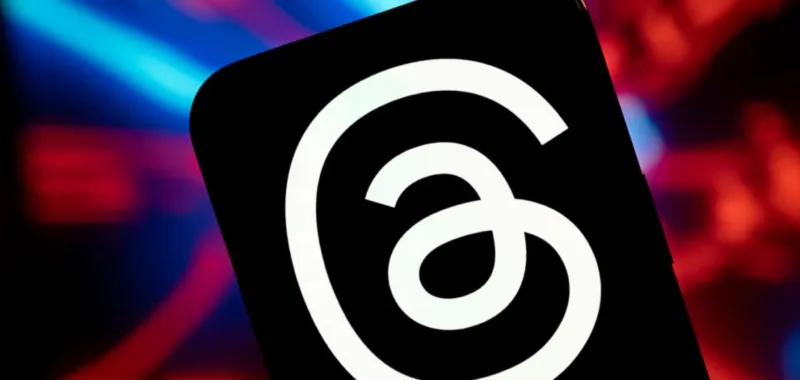Instagram head Adam Mosseri on Friday addressed the moderation issues that saw Instagram and Threads users losing access to their accounts, having posts disappear, and more, saying that the company “found mistakes” that it’s attributing to human moderators, not AI systems, as many believed.
In a post on Threads, Mosseri addressed the issue that has been plaguing the social platforms over the past several days, adding that the mistakes it’s found so far were due to content reviewers — people, not automated systems — “making calls without being provided the context on how conversations played out, which was a miss.”
The exec said Instagram was fixing the issues so the reviewers could make better calls and make fewer mistakes.
In a reply to a comment on the thread, he also clarified that of course Instagram knew that reviewers need context and that “one of the tools we built broke, and so it wasn’t showing them sufficient context.”
“That’s on us,” he said.
This explanation doesn’t seem to fully account for the range of issues that users were experiencing, as some found their accounts erroneously labeled as belonging to a user under the age of 13, then disabled. It’s unclear how a human moderator would have made this assumption. In addition, according to a report by The Verge, even after a user submitted their ID to verify their age, their account still remained disabled.
Others saw their posts being downranked or marked as spam, even when they were a reputable person or someone with a large following, not a spammer.
For instance, former Wall Street Journal tech columnist Walt Mossberg remarked that his engagement on Threads had rapidly plummeted to zero. Instead of getting between 100 and 1,000 likes on his posts, that dropped to 0-20 within 24 hours, he said on Threads.
Social media strategist Matt Navarra also pointed out that, in addition to having moderation problems himself, users were reporting that their follower growth rate and engagement was “falling off a cliff.”
Bluesky, a social networking startup also competing with X (formerly Twitter) and Threads took advantage of the disruption on the site to drive frustrated users to its platform by creating an account on Threads and sharing its features and updates.
“We’re trying to provide a safer experience, and we need to do better,” Mosseri said. He ended his post with a message that indicates the problem may not fully be resolved, adding, “Thanks for your patience and keep the feedback coming.”

